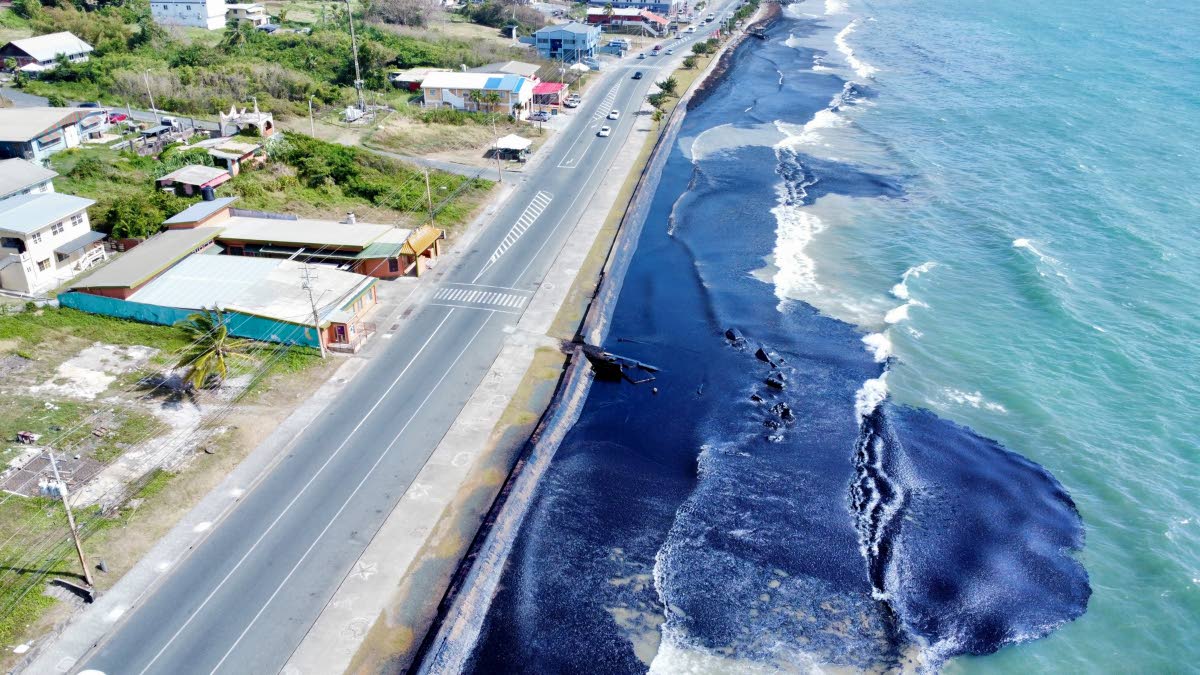As Trinidad and Tobago (TT) marks the International Day for Disaster Risk Reduction on October 13, the nation confronts a pivotal juncture in safeguarding its industrial and energy sectors. These sectors, the backbone of TT’s economy, are grappling with aging infrastructure, climate vulnerabilities, and inadequate emergency response capabilities. While natural disasters like hurricanes and floods often dominate risk discussions, the threat of industrial disasters looms equally large. TT’s reliance on oil and gas—spanning upstream, midstream, and downstream operations—has left it exposed to systemic risks as critical assets, including pipelines, tanks, and flare systems, operate beyond their intended lifespans. Without sustained reinvestment, these once-cutting-edge systems have become national liabilities. Industrial emergencies, such as the 2013 oil spill and the 2024 barge disaster off Tobago’s coast, underscore the cascading impacts of such incidents, which disrupt livelihoods, ecosystems, and economic stability. The region’s history of pipeline failures, chemical spills, and oil leaks highlights the urgent need for robust emergency preparedness. However, TT faces significant gaps in both equipment and responder competency. Outdated fire suppression systems, gas detectors, and spill containment gear, coupled with insufficient training, hinder effective crisis management. To address these challenges, TT must elevate its standards, ensuring that emergency responders meet internationally recognized benchmarks. Certifications aligned with global best practices, modern technologies, and methodologies are essential to fostering credibility, confidence, and international collaboration. Industrial resilience is not merely a technical necessity but a strategic imperative for sustaining foreign investment, infrastructure development, and economic diversification. As climate change amplifies the risk of natural disasters triggering industrial failures, TT must prioritize a culture of competence, transparency, and accountability. The nation’s ability to thrive in a new energy era hinges on its capacity to manage industrial risks effectively. Investments in training, certification, and equipment are investments in resilience, safeguarding people, communities, and economic continuity. TT stands at a crossroads: it can either react to disasters or build a system capable of preventing them. The choice will shape the nation’s safety, reputation, and prosperity for generations to come.
